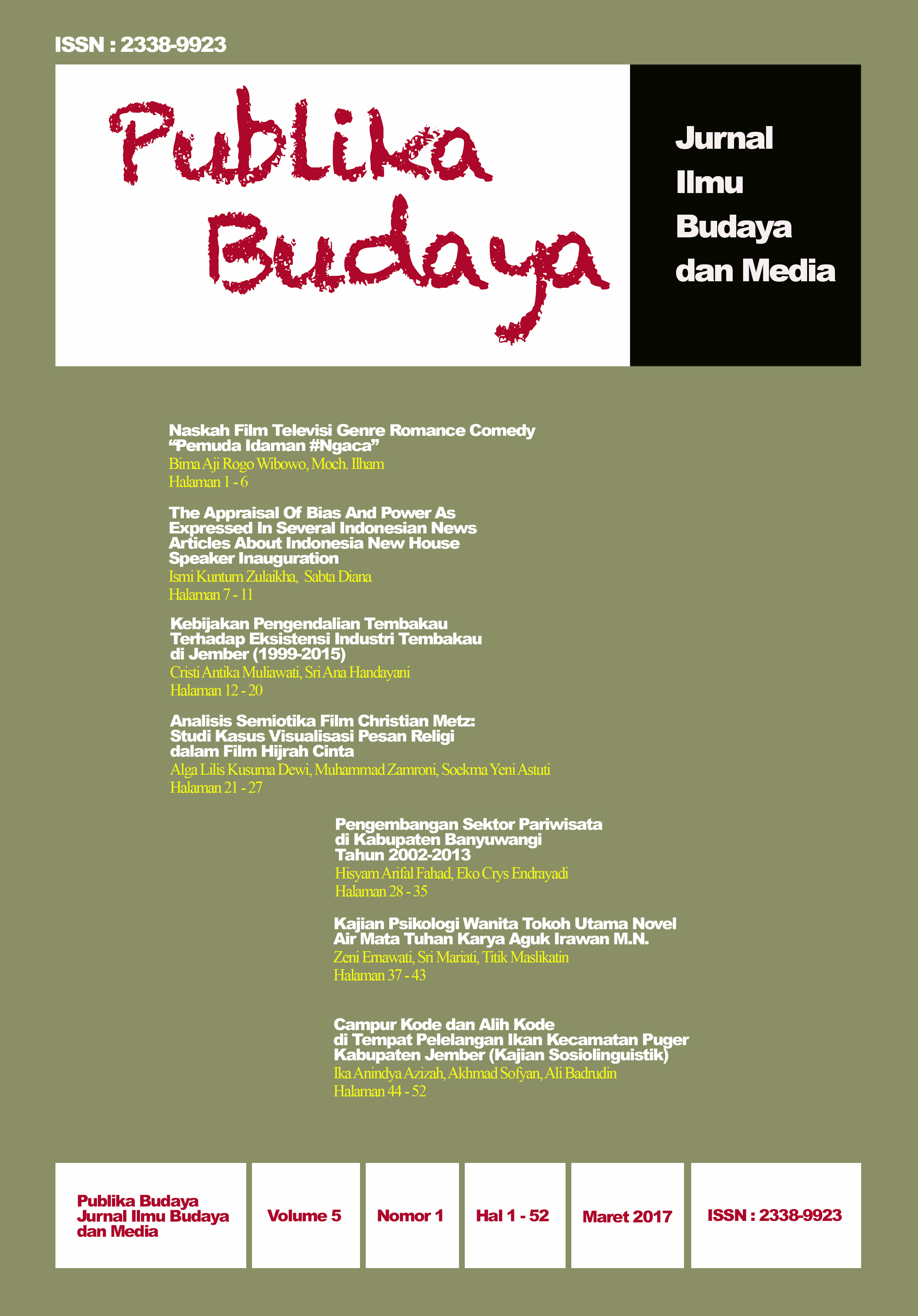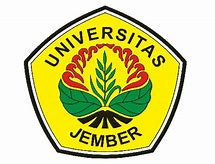CAMPUR KODE DAN ALIH KODE DI TEMPAT PELELANGAN IKAN KECAMATAN PUGER KABUPATEN JEMBER (KAJIAN SOSIOLINGUISTIK)
Abstract
Abstract
As social human, he has roles in society. In every interaction, humans create multiple languages and have a set of codes, which each code fits in a role relationship. In term of choosing the code, code mixing and code switching can be done as the types of choice. Code mixing blends other language fragments into a particular language and code switching is the transition of language from one code to another in conversation. This study aimed to describe the form of code mixing and code switching as well as the factors behind the use of code mixing and code switching occurred in buying and selling fish activities at fish auction Puger sub-district of Jember regency. This research used descriptive qualitative method, which was done based on the research in the field when the researcher observed the conversation on the activities of buying and selling fish. Based on the analysis results obtained, the seller was a multi-linguist who mastered more than one language, while the interlocutor causing code mixing often used Javanese languange. The insertion of other languages in code mixing conversation was in the form of word, phrase, and clause. There were two codes in this research; namely, translation and diversity e.g. Javanese language to the Madurese langauge was ngoko variety; Madurese language to the Javanese language was krama variety, and Madurese language to informal Indonesian language. Furthermore, there were several factors behind the use of code mixing and the code switching. Factors causing code mixing included: social role, limitation, and desire to explain something. While factors causing code switching included: speaker, interlocutor, topic / subject, seller’s annoyance to buyer, buyer's annoyance to seller, presence of third person, evoking sense of humor, easiness, and attracting buyer’s attention.
Penulis yang mengusulkan naskahnya untuk dapat diproses penerbitannya pada Pustaka Budaya dianggap telah menyetujui beberapa hal sebagai berikut:
1. Penulis tidak dapat menarik naskah yang telah usulkan untuk diproses hingga mendapat jawaban dari Ketua Dewan Penyunting atas status naskah artikel ilmiahnya (diterima atau ditolak untuk diterbitkan).
2. Penerbit tidak bertanggung jawab terhadap kasus plagiasi atas artikel yang terbit pada Pustaka Budaya.
3. Penerbit tidak bertanggung jawab atas data dan isi dari artikel yang diterbitkan pada Pustaka Budaya, dan sepenuhnya merupakan tanggung jawab penulis.
4. Penulis yang artikelnya diterbitkan pada Publika Budaya menyetujui lisensi berikut:
Publika Budaya by University of Jember is licensed under a Creative Commons Attribution-NonCommercial 4.0 International License.



